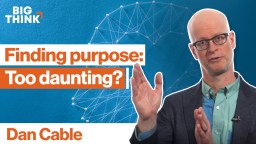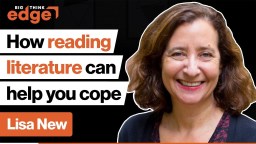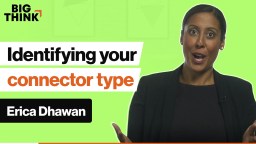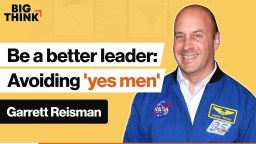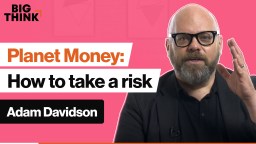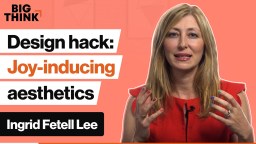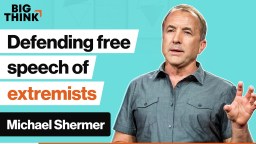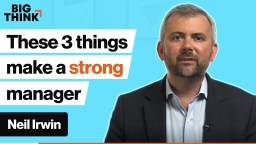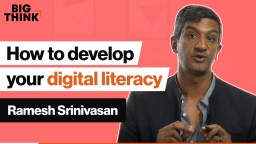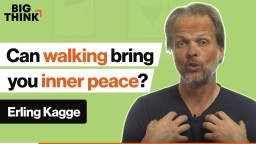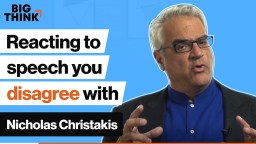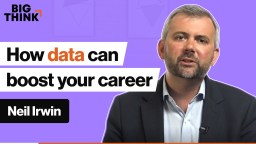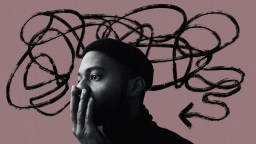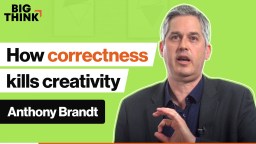learning
Removing the pressure of finding your “dying passion” makes it easier to connect with the “why” of your work.
▸
3 min
—
with
Being stuck at home is not as intense as being away from Earth, but there are ways to cope in either scenario.
▸
5 min
—
with
Our live stream with Harvard literature professor Lisa New begins at 1 pm ET today.
▸
with
How will leadership and hiring practices be changed by the COVID-19 crisis?
▸
with
When you stop predicting the future and comparing the present to the past, you can reach a beneficial flow state.
▸
4 min
—
with
When everyone knows and plays their role, it helps the team operate at a higher level.
▸
4 min
—
with
If you’re right all the time, you’re probably doing something wrong.
▸
4 min
—
with
Famously, it took Edison over one thousand attempts to successfully create the lightbulb.
Colleges and universities can continue to ignore what the market wants, or they can get in the game and differentiate with new on-ground and online pathways to employment-centric education.
What subjects and ideas do you discuss with your friends when you see them?
Practicing Socratic ignorance, or avoiding certainty of our own knowledge, diminishes inequality and pushes us in our search for wisdom.
▸
6 min
—
with
Neurons that store abstract representations of past experiences are activated when a new, similar event takes place.
Why finding joy is more easily attainable than the pursuit of happiness.
▸
9 min
—
with
You can’t really have an opinion if you don’t know all sides of the argument.
▸
5 min
—
with
How can we promote the creation of new neurons – and why is it so important?
A clean work space, plants, and putting on the right pants all make working from home easier, according to science.
Creating a healthy, cohesive work environment leads to better productivity.
▸
2 min
—
with
Tech is rising and America’s middle class is vanishing. Here’s what to do.
▸
5 min
—
with
In such states of creative divergent thinking, the body is aroused and the pupils become dilated.
The costs of prohibition are great, but can people be trusted to make the best decisions for themselves?
▸
6 min
—
with
Here’s how to exercise your curiosity and truly experience the world.
▸
4 min
—
with
Through experiencing time in a nonlinear way, can artificial intelligence provide us more perspective?
▸
3 min
—
with
Disagreements should not equal censorship.
▸
3 min
—
with
Land nearly 50 hours of expert Excel training for under $40.
“One way the internet distorts our picture of ourselves is by feeding the human tendency to overestimate our knowledge of how the world works,” writes philosophy professor Michael Patrick Lynch.
Striking a better work-life balance comes down to the numbers.
▸
4 min
—
with
The university model needs to evolve.
Beware of the “fallacy of excessive expertise.”
▸
3 min
—
with
Effort-focused exercises often lead to better, more innovative ideas.
▸
3 min
—
with
